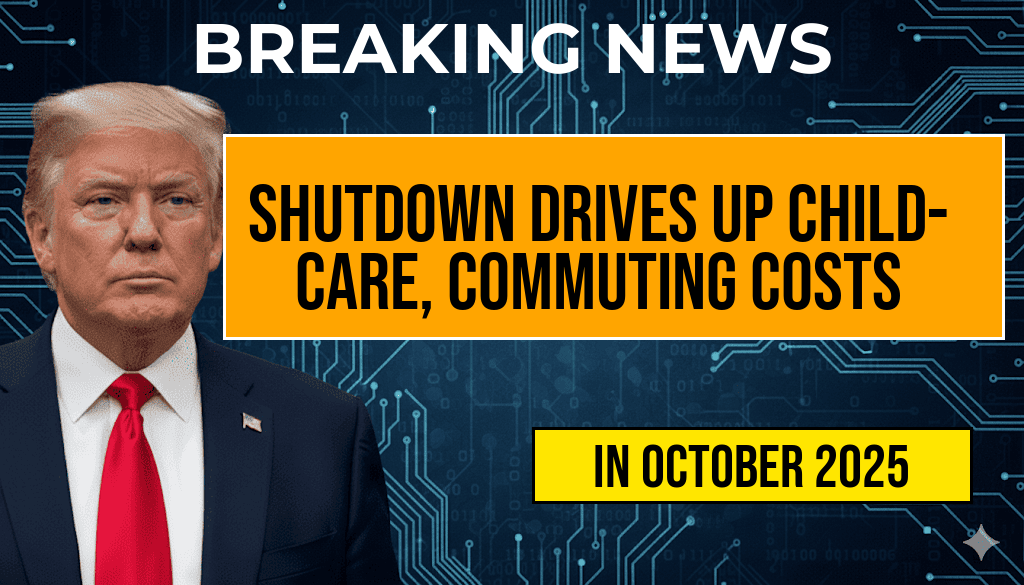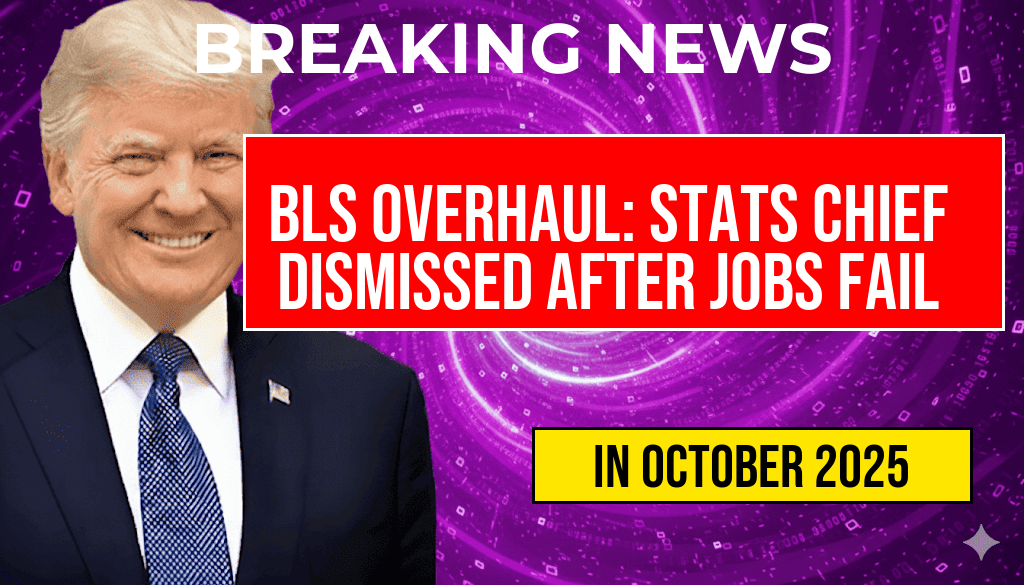The recent dismissal of the Bureau of Labor Statistics (BLS) Chief following disappointing job growth figures has sparked discussions about the potential effects of a data freeze on American workers. After a lackluster report indicating that only 150,000 jobs were added in the last month, the leadership change has raised concerns about the accuracy and reliability of economic indicators. The BLS, responsible for tracking employment and wage statistics, has faced scrutiny as the country grapples with ongoing economic challenges, including inflation and labor shortages. With the federal government’s data collection processes under review, analysts are questioning how the current situation may impact labor market assessments and worker confidence moving forward.
Impact of Job Growth Disappointment on Economic Outlook
The latest BLS report fell short of expectations, which anticipated an addition of approximately 250,000 jobs. This shortfall not only triggered the leadership change but also raised alarms among economists and policymakers. The response to the report has been mixed, with some analysts suggesting that the slowdown may be a sign of an impending economic downturn.
Job Growth Statistics: A Closer Look
| Month | Expected Jobs Added | Actual Jobs Added |
|---|---|---|
| September 2023 | 250,000 | 150,000 |
| August 2023 | 220,000 | 200,000 |
| July 2023 | 230,000 | 300,000 |
Leadership Changes and Data Integrity
The abrupt change in leadership at the BLS has raised questions about the integrity of the data collected. The previous Chief, who had been in office since 2020, was credited with improving the accuracy of unemployment statistics. As the new administration takes charge, there is uncertainty regarding how the transition will affect the reporting process.
- Data Reliability: Experts fear that a change in leadership may disrupt the established processes that ensure data accuracy.
- Transparency: The BLS has been criticized for a lack of transparency in its data collection methods, which has led to calls for reform.
- Worker Confidence: Inconsistent data can undermine worker confidence, affecting job searches and wage negotiations.
Future Implications for Workers
The potential consequences of a data freeze on workers are significant. When accurate labor market data is unavailable, it becomes increasingly challenging for individuals and businesses to make informed decisions. This uncertainty can lead to:
- Stagnated Wage Growth: Without reliable data, companies may be reluctant to raise wages or invest in new hires.
- Increased Unemployment: A lack of robust data may result in misguided policy decisions that could exacerbate unemployment rates.
- Decreased Job Opportunities: Employers may hesitate to expand their workforce amid unclear economic indicators.
Reactions from Policymakers and Economists
The leadership change at the BLS has elicited varied responses from political leaders and economists. Some have praised the move as necessary for accountability, while others have voiced concerns over the potential ramifications for economic policy. Federal Reserve officials are particularly attentive to these developments, as accurate data is crucial for guiding monetary policy decisions. The BLS is often seen as a cornerstone for economic planning, and any disruption could have lasting implications for fiscal strategies.
Looking Ahead
As the BLS navigates this leadership transition, maintaining the integrity of labor statistics will be paramount. Stakeholders—including government officials, businesses, and workers—are closely monitoring the situation to gauge its impact on economic recovery efforts. The BLS must reassure the public of its commitment to transparency and accuracy in reporting to mitigate the potential fallout from this development.
For further reading on the implications of labor statistics on the economy, visit Forbes or explore the history of the Bureau of Labor Statistics on Wikipedia.
Frequently Asked Questions
What led to the dismissal of the stats chief at BLS?
The dismissal of the stats chief at the Bureau of Labor Statistics (BLS) was prompted by a disappointing report on jobs data, which raised concerns about the accuracy and reliability of employment statistics.
How does the $0 data freeze impact workers?
The $0 data freeze has significant implications for workers, as it delays crucial information about job availability and employment trends, potentially hindering decision-making for both job seekers and employers.
What are the potential consequences of the BLS overhaul?
The BLS overhaul could lead to a reevaluation of data collection methods, impacting the overall quality of labor statistics and possibly influencing economic policy and workforce development initiatives.
Will the changes at BLS affect the accuracy of future job reports?
While the changes at BLS aim to improve data integrity, there may be a period of adjustment that could temporarily affect the accuracy of future job reports until new methods are fully implemented.
How can workers stay informed during the data freeze?
During the data freeze, workers can stay informed by following updates from the BLS, monitoring local job boards, and utilizing resources from employment agencies to understand the current labor market.











